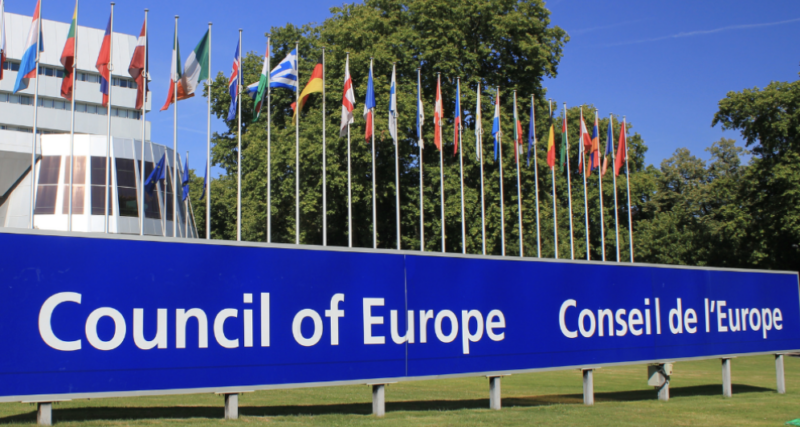The Council of Europe’s Commissioner for Human Rights, Michael O’Flaherty, has expressed serious concerns about the state of free speech and peaceful assembly in Germany.
In a letter made public on June 19, O’Flaherty addressed Germany’s interior minister, Nancy Faeser, warning that restrictions on political expression and public demonstrations are becoming increasingly problematic.
O’Flaherty highlighted the growing limits on certain symbols, events, and forms of expression, urging Faeser to remember that member states have very limited justifications for curbing political speech or public debate. He also criticized the excessive force used by police against protesters, including minors, particularly during demonstrations related to the Gaza conflict. According to O’Flaherty, these actions often result in injuries and violate basic principles of human rights, including the need for proportionality, legality, and non-discrimination in the use of force.
“The use of force by law enforcement must be in line with the principles of necessity and precaution,” O’Flaherty emphasized, adding that any incidents of excessive force must be thoroughly investigated, with accountability for those responsible and clear options for victims seeking justice.
O’Flaherty also raised concerns about Germany’s efforts to deport foreign nationals who participated in protests or other forms of expression regarding the Gaza conflict. He pointed to ongoing repression, particularly during the Nakba commemorations in Germany. The Nakba, a reference to the 1948 expulsion of approximately 750,000 Palestinian Arabs during the creation of Israel, has become a flashpoint for debates around Israel-Palestine relations.
Germany, a strong ally of Israel, has faced internal debate about the recognition of a Palestinian state, with Foreign Minister Johann Wadephul recently stating that recognizing Palestine at this time would send “the wrong signal.” This position contrasts with moves by other European nations, including Spain, France, and Ireland, which have pushed for recognition.
O’Flaherty’s letter underscores growing concerns within the European human rights community about the balance between national security, freedom of expression, and the protection of citizens’ rights to protest and assemble peacefully.




